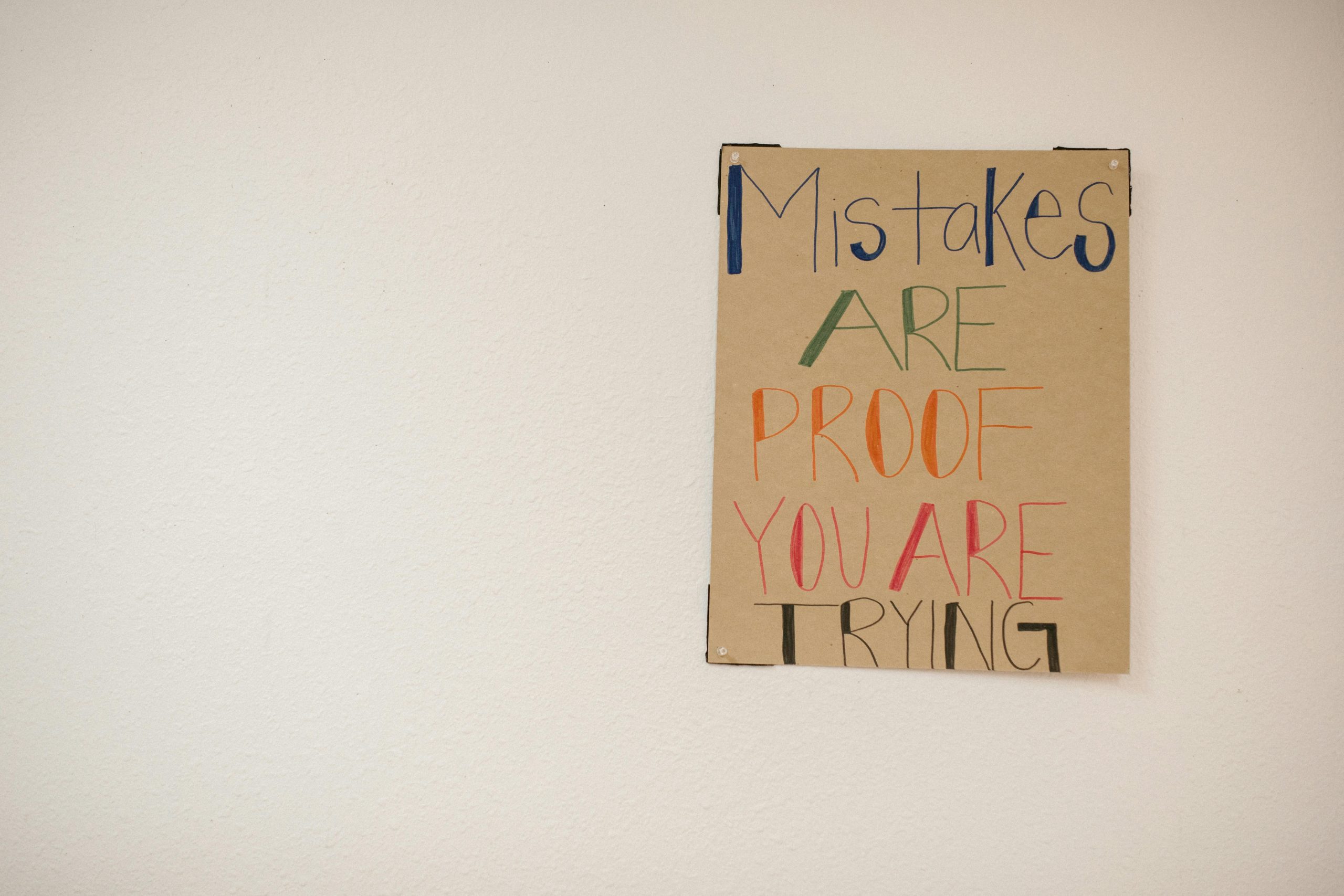Should You Reconsider a Client Gone Wrong?
Navigating the ups and downs of client relationships is a common challenge in the business world. Sometimes, clients leave on less-than-stellar terms, leaving you wondering if it’s worth reopening the door when they come back. This situation recently unfolded with one of my clients, Bob, the owner of a local spa and wellness center, and I’d like to share my experience and gather your thoughts on it.
To keep it concise, here’s a snapshot of our journey together. Bob reached out to me after noticing one of my posts in a professional group, expressing interest in leveraging SEO to improve his business’s online presence. After discussing his goals, we agreed on a monthly retainer and kicked off our collaboration. Initially, things proceeded as expected, albeit at a slower pace, which is typically how organic traffic grows.
However, a couple of months into our partnership, Bob’s enthusiasm waned. He became increasingly impatient, questioning my effectiveness and accusing me of not delivering results. Despite my attempts to clarify the natural timeline of SEO, he decided to sever our professional ties, believing that maybe SEO was not the right fit for him.
Fast forward two months, and Bob’s SEO strategy suddenly gained traction—his website began to climb in search rankings, his Google My Business listing was performing better, and he started receiving more inquiries. It wasn’t long before he reached out, wanting to discuss a possible return to our collaboration, acknowledging that he might have acted too hastily.
While I appreciate the notion of second chances, I am wary of his abrupt prior departure. His quick shift from enthusiasm to frustration raises concerns about whether this pattern could repeat itself.
So, here’s my question: is it worth the risk to take Bob back into the fold? On one hand, the potential for increased revenue is enticing, but on the other hand, managing a client who has previously demonstrated erratic behavior could lead to complications down the road.
I would love to hear your opinions. Have you faced a similar dilemma? What factors do you consider when deciding whether to re-engage with a client after a rocky history? Your insights could provide valuable perspectives on navigating this complex aspect of client relations.










2 Comments
Navigating client relationships, especially after a falling out, can be a challenging endeavor, and your experience with Bob is a classic example. Here are some insightful considerations and practical advice to help you make your decision.
1. Assess the Context of the Previous Departure
Before deciding whether to take Bob back, it’s essential to reflect on the specifics of your previous engagement. Consider the circumstances that led to the fallout:
Understanding these factors can provide clarity on whether the previous conflict was a miscommunication or indicative of deeper issues in your working relationship.
2. Evaluate the Value of the Client
While Bob’s payments can seem attractive, assess the long-term value of having him as a client.
3. Set Clear Boundaries and Expectations
Should you choose to work with Bob again, it’s crucial to set clear boundaries from the start.
4. Prepare for the ‘What Ifs’
It’s wise to proactively consider how you’ll handle situations that might seem like déjà vu:
5. Trust Your Instincts
Ultimately, trust your instincts about the value of taking Bob back. If he seems genuinely remorseful and willing to adhere to improved communication, it may be worth exploring a new partnership. However, if his previous behavior raises red flags, it could be beneficial to decline the opportunity, preserving your peace of mind and professional integrity.
Conclusion
Each client interaction is uniquely educational. While a second chance could blossom into a fruitful relationship, it’s essential to prioritize your mental well-being and professional standards. Trust your judgment, weigh the risks, and remember that maintaining a healthy and productive client relationship is often more valuable than an immediate financial gain. If you decide to take Bob back, approach it as a fresh start with built-in safeguards, ensuring that both parties can work collaboratively towards shared success.
This is a nuanced situation that many professionals can relate to. It’s commendable that you’re seeking input on this decision, as the choice to re-engage with a former client can greatly affect your business dynamics.
When considering whether to take Bob back, it might be helpful to reflect on a few key factors:
1. **Understanding the Root Cause**: Before making a decision, it could be beneficial to have an open conversation with Bob about what led to his earlier dissatisfaction. Getting clarity on his expectations and understanding why he felt the need to leave could provide valuable insights into whether his concerns were situational or indicative of a deeper pattern.
2. **Set Clear Expectations**: If you do choose to work with him again, it’s essential to establish clear, realistic expectations from the start. Developing a roadmap with measurable milestones can help manage his expectations and provide him with a sense of progress that aligns with the inherent timelines of SEO.
3. **Evaluate Personal Growth**: Has Bob demonstrated any growth or learning from the experience? If he acknowledges his previous misconceptions and shows a genuine commitment to collaborating more effectively, that could be a strong indicator of a positive engagement going forward.
4. **Consider Your Capacity**: Evaluate your ability to invest time and emotional energy into this relationship. Will taking Bob back detract from your ability to serve current clients effectively, or do you have the bandwidth to manage this potential risk without compromising your other work?
5. **Trust Your Instincts**: Sometimes,